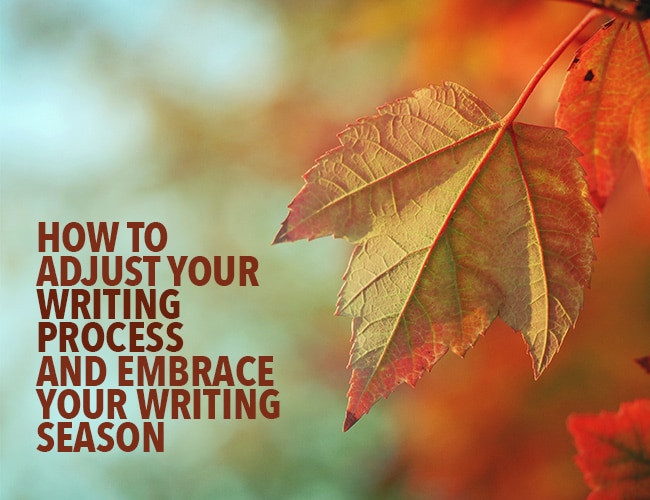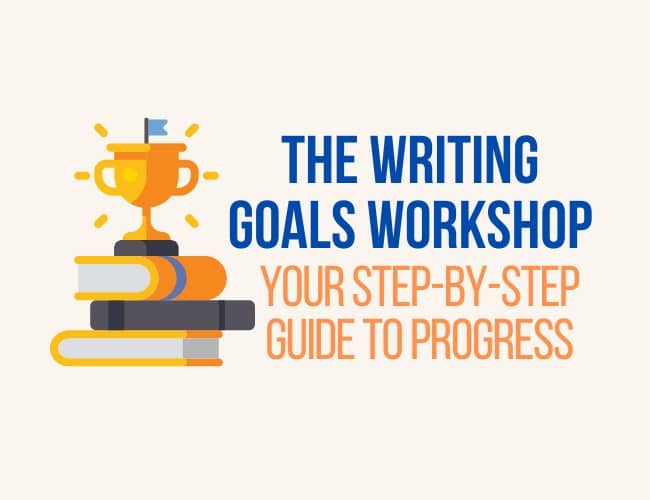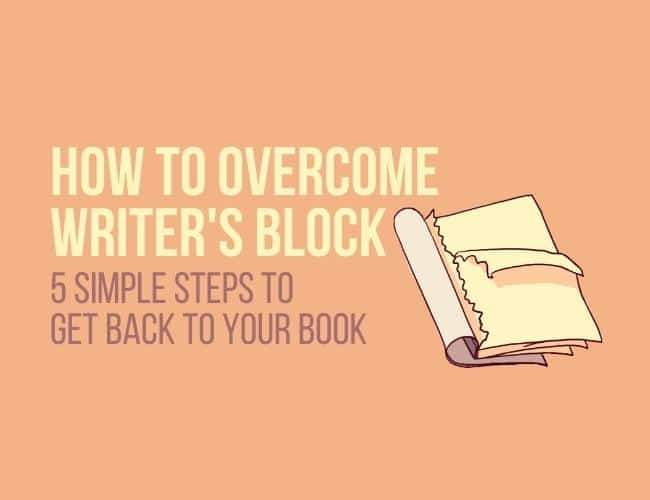
by Sue Weems |
Writing is a solitary profession for the most part, but sooner or later, we realize we need a network of people, from beta readers to editors and eventually readers. Some writers retreat, discouraged by unkind comments or unsupportive friends or family, believing that someday, somehow their work will reach a wider audience.
But writing alone and hard work aren’t enough by themselves. Very few writers can write and launch a book and career entirely in isolation. (Plus, being a part of a writing or creative community is much more fun.)
Here are a few small steps for finding, joining, or building a writing community.

by Sue Weems |
Writer’s anxiety is often caused by a belief that I MUST BE WRITING ALL THE THINGS ALL THE TIME. It simply isn’t true. Even those who write full time recognize that there are seasons to writing, just as there are seasons of life.

by Birgitte Rasine |
Have you ever attended a writer conference? If not, what the hell are you waiting for?
If you have, did you get the most you possibly could out of it? If you did, great. I want to hear all about it in the comments. If not, you need to read this post.

by Joe Bunting |
If you’re reading this, I’m assuming you already have some goals: fitness goals, goals for your family, maybe even a goal of writing a book or to become a better writer.
But how do you write goals that actually work, that actually help you accomplish the things that you set out to do?
In this guide, I’ll share the step-by-step goal writing process that I’ve used to finish fifteen books, publish over 2,000 blog posts, hit the Wall Street Journal bestseller’s list, and reach over twenty million people with my writing over the last ten years.
No matter what your goals are, I believe this process will help you get clear on what you want to accomplish this year.

by Guest Blogger |
As writers, we all deal with a lack of confidence from time to time, but some writers feel plagued by it. If you allow yourself to wallow in these feelings, you won’t write enough to improve your work. If you don’t improve your work, you’ll never build a writing career you love.
Use these strategies to keep writing even when you’re full of doubt and insecurity, and ultimately reshape how you think about writing.

by David Safford |
It’s practically inevitable. You’re rockin’ and rollin’ through your writing, feeling invincible, and then you reach a sudden halt: You’re blocked. The words won’t come. It seems like there’s nothing more, and yet you’ve got things to do! Deadlines to meet! Dreams to fulfill!
It can seem impossible. But never fear: it can be done.
Here’s how to write a book when you’ve got writer’s block.








